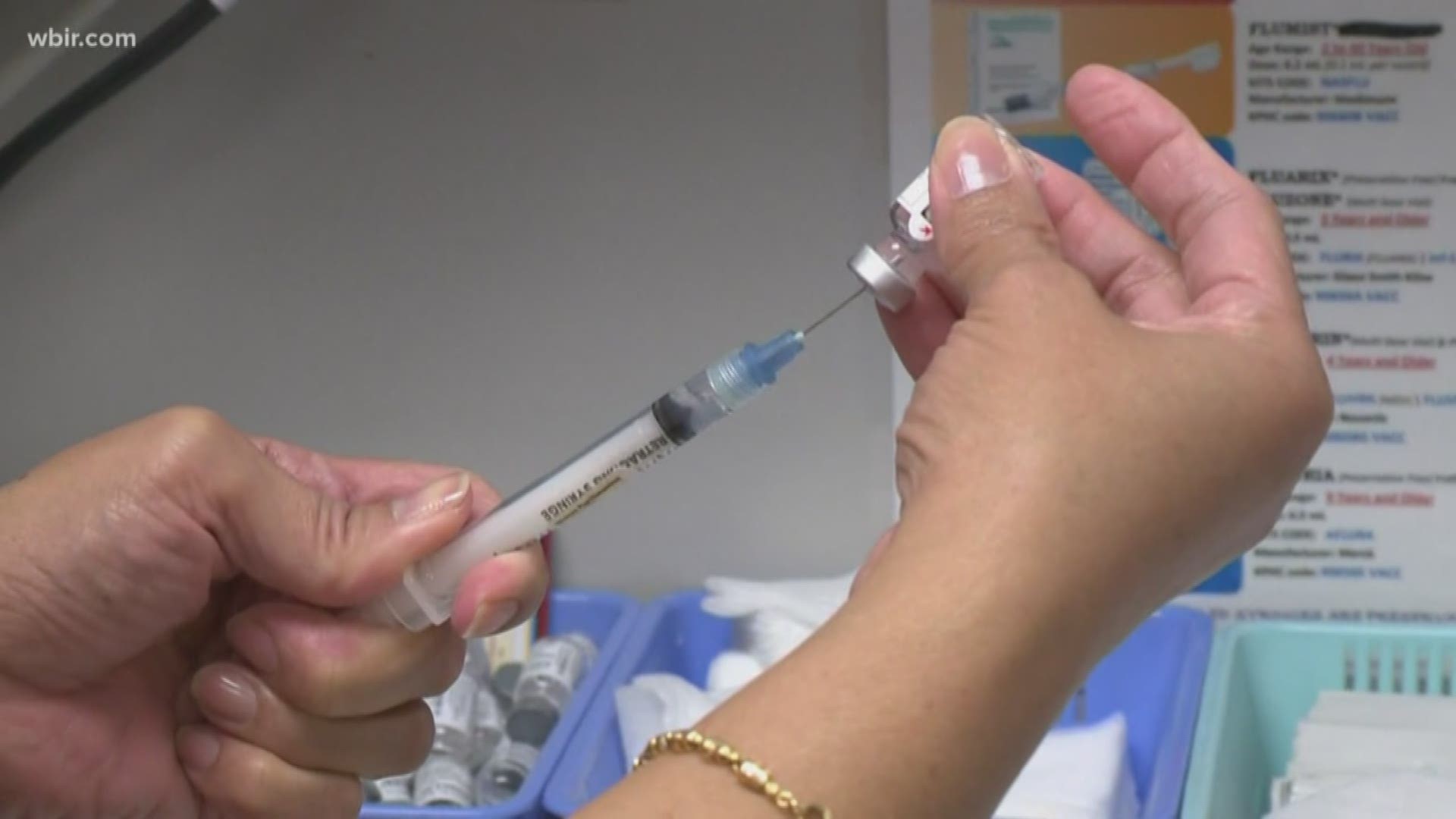KNOXVILLE, Tenn. — Fox News anchor Gerri Willis announced she's contracted human papillomavirus at 60 years old. She's now urging parents to get their children vaccinated against HPV while they're young.
But what exactly is HPV?
10News went to Dr. Kori Cottam, an ObGyn with Generations ObGyn in West Knoxville, to answer questions about the virus and its vaccine.
What is human papillomavirus?
"It is the number one sexually transmitted disease in the country," said Cottam. "About 80 percent of the population is going to have HPV at some point in their life."
The Centers for Disease Control said 79 million Americans have HPV right now. That's about one in four people.
What happens if you contract HPV?
"There are two different types of HPV, low risk and high risk HPV," said Cottam. "The low risk types cause genital warts. The high risk types can cause cervical, vaginal, vulvar, even anal and penile cancer."
HPV does not always show symptoms, and the body can often beat the virus on its own. HPV doesn't always last a lifetime. It can be cured, or disappear and come back.
Does HPV always lead to cervical cancer in women?
"We can catch it early and we can treat it," said Cottam. "It's the women that don't come in for their Pap smear or have an underlying condition that end up a lot of times with the cancer."
Cottam said women are screened for HPV and cervical cancer when they get a Pap smear at their gynecologist appointment.
"We know that it is very common in females," she said.
How many types of HPV are there?
"There's about 100 different types of HPV," said Cottam. "We only give vaccines for nine of them right now, but those are the most common."
The Gardasil vaccine came onto the market in 2006, and was originally given to young teen girls to prevent HPV and cervical cancer.
What role does the HPV vaccine play now?
"As long as the vaccine is given prior to exposure, it is going to decrease your chance of having either the low risk and the high risk type [of HPV] by close to 80 percent," said Cottam.
Who should get the HPV vaccine?
"We are now not only giving it to young girls age 11 to 2,6 but we've also now started giving the vaccine to boys the same age," said Cottam.
People up to age 45 can now get the vaccine because it's proven so effective.
Even with data to back it up, there is still some opposition to administering the vaccine at a young age.
Why do some parents chose not to give their children the HPV vaccine?
"Because they don't like to think of their child as going to be sexually active but as we all know most of us are sexually active at some point in our lives," said Cottam.
Why should parents give their children the HPV vaccine?
"It's a vaccine to prevent cancer of the female or male genital tract," said Cottam. "If you could have a vaccine that prevented lung cancer you would definitely give that to your child."
More information about the HPV vaccine, and the virus, can be found here.

